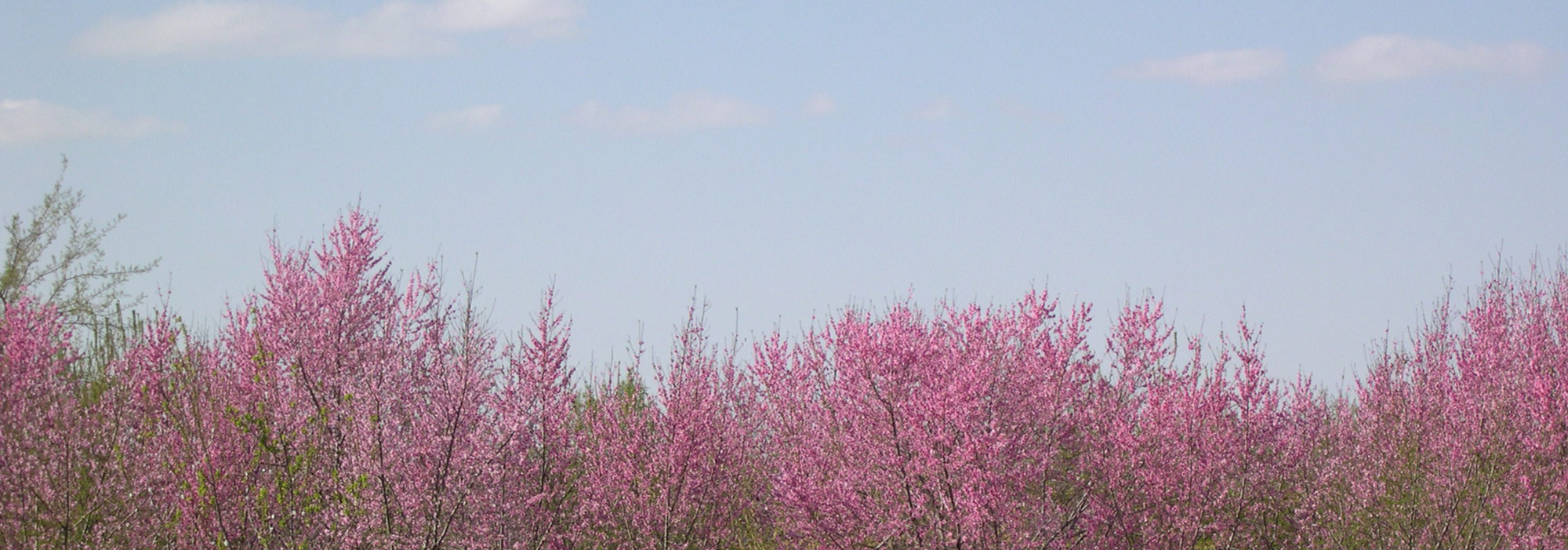“Economic empowerment” and “restoring livelihoods” are tropes that are too often fetishised within Sri Lanka’s post-war development discourse, especially in relation to women living in former war-affected regions. Be it providing small grants, microfinance, or cattle and poultry to “rebuild livelihoods”, the state and development actors alike have been spearheading various development projects targeting women. While the extent to which these programmes empower women remains questionable, some women continue to be left out of post war development altogether. This is the case with the women of Vettikadu, a poor low caste village in former war affected Jaffna in Northern Sri Lanka.
For over fifty years women in Vettikadu have been rolling beedi within the confines of their homes. Despite the fact that the bare hands of these workers undertake the core production functions associated with the beedi trade, they are only compensated one fifth of the final market value of each beedi stick that they roll. The remaining market value goes to the bigger players within the trade.
This alienation of workers from the final product is maintained through informality that is imposed upon the workers. In other words, the company’s only connection with the workers is through middle men who manage the extraction of labour. In this way the company escapes its obligation to pay fair compensation, provide other welfare benefits such as insurance and pensions, while seriously undermining the workers’ health and wellbeing. Given the paltry wages that are paid, women are compelled to manage by borrowing – buying food on credit, mortgaging lands or pawning jewellery – or simply by cutting down on essentials like the number of meals or medical treatment. Meanwhile, the island-wide beedi industry has been growing exponentially, almost at 200%, since 2007, and is currently an industry worth 4 billion rupees a year.
To read the full text of this blog, visit openDemocracy.net
The names of individuals and the village in this article have been changed to protect identities.


